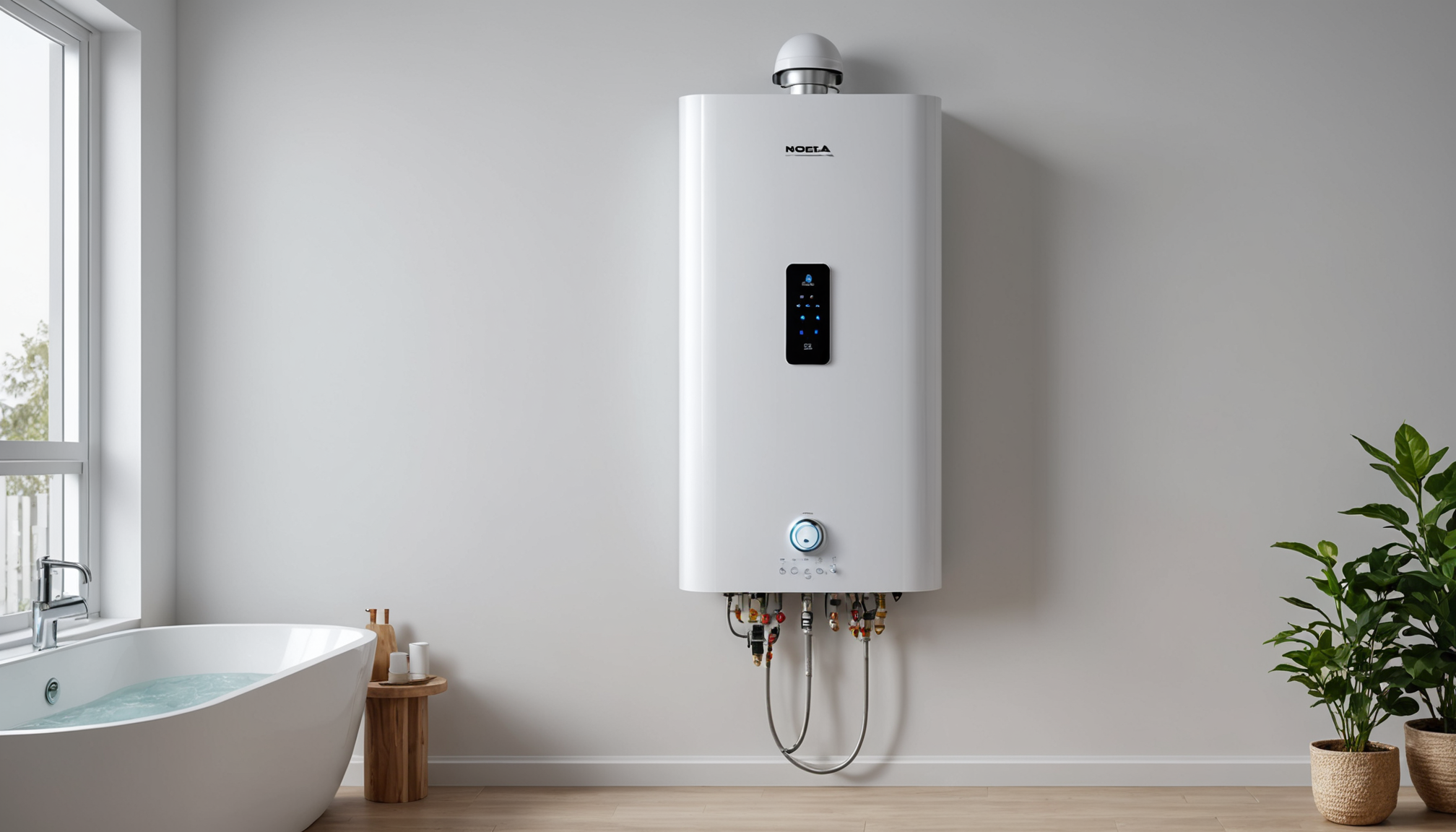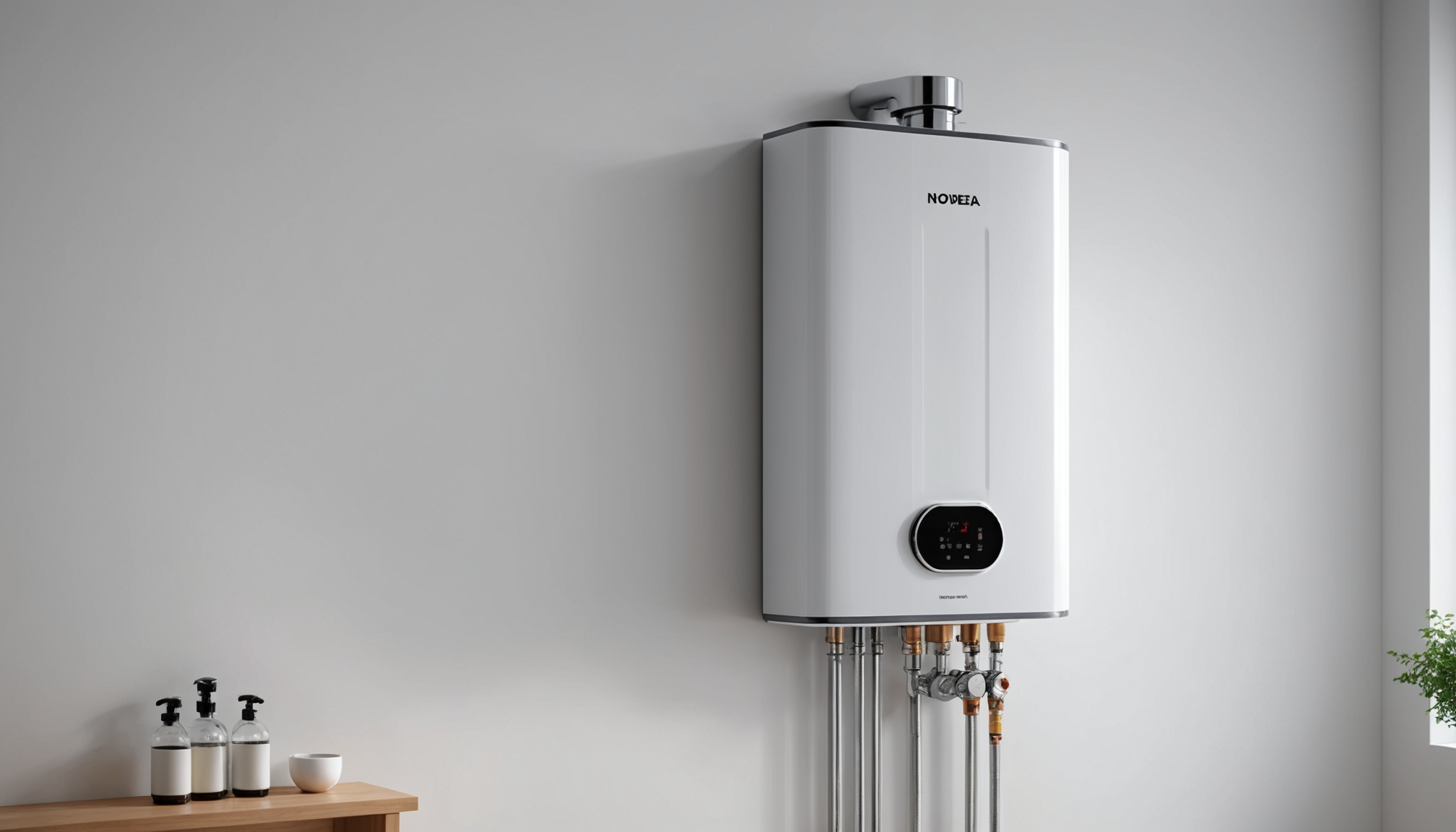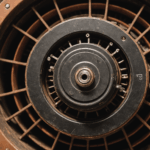When it comes to evaluating different types of water heaters, homeowners face a myriad of choices that can significantly impact both their water heating experience and energy bills. Selecting the right water heater requires understanding the various types available on the market, each offering distinct advantages and potential drawbacks. The key categories typically include tankless, traditional tank, heat pump, solar, and condensing water heaters. Each type differs not only in technology but also in efficiency, cost, and installation requirements, making it crucial to choose one that aligns with your lifestyle and budget.
Traditional tank water heaters are the most commonly used, primarily because of their lower initial costs and ease of plumbing installation. These units heat water and store it in a sizable reservoir until needed. While they’re affordable upfront, they can result in higher energy costs over time due to standby heat loss—energy lost keeping the stored water hot. On the other hand, tankless water heaters, also known as on-demand water heaters, heat water directly without a storage tank. When hot water is needed, cold water travels through a pipe into the unit where it is heated. This can save substantial energy because these systems only heat water as it’s used, though they often involve a higher initial investment and might require modifications to your home’s plumbing and electrical systems.
Heat pump water heaters are an innovative option that works by transferring heat from the air or ground to heat water, rather than generating heat directly. This method can be three to four times more energy-efficient than conventional water heaters, making them a sustainable choice for environmentally conscious homeowners. However, they require a suitable climate—ideally warm—to function efficiently, as well as ample space for installation.
Solar water heaters are another eco-friendly choice, geared towards households eager to reduce their carbon footprint. These systems use solar panels to harness the sun’s energy, heating water without electricity or gas. While they have higher installation costs and necessitate specific geographical or architectural conditions for optimal performance, they can lead to significant long-term savings on utility bills, especially in sunny climates.
Lastly, condensing water heaters are designed for homes with natural gas heating systems. These units capture and utilize the heat from flue gases that would otherwise be wasted, thereby offering a higher efficiency rate. While their energy efficiency translates into lower operational costs, the initial purchase and installation demand a considerable financial commitment.
The following table provides a concise comparison of the different types of water heaters:
| Type | Advantages | Disadvantages |
| Traditional Tank | Lower initial cost, simpler installation | Higher energy bills, standby heat loss |
| Tankless | Energy efficient, space-saving, endless hot water | High initial cost, potential retrofitting |
| Heat Pump | Highly efficient, lower operating costs | Higher installation cost, requires moderate climate |
| Solar | Renewable energy source, cost-effective in sunny regions | High installation cost, weather dependent |
| Condensing | Highly efficient, good for large households with gas lines | Expensive, complex installation |
Deciding on the best water heater for your home will depend on your specific needs, climate, and financial considerations. A well-informed homeowner guide can provide further insights, helping you to weigh these factors effectively and make an informed decision.
understanding energy efficiency and costs
Understanding how to efficiently use energy and manage costs is essential when selecting a water heater. Making an informed decision can lead to significant savings on energy bills and contribute to a more sustainable environment. Here’s a step-by-step guide to understanding energy efficiency and costs associated with different types of water heaters:
1. Energy Efficiency Ratings:
– Start by looking for energy efficiency ratings like the Energy Factor (EF) or the more recent Uniform Energy Factor (UEF). These ratings indicate the efficiency of a water heater, with higher numbers reflecting more efficient models.
– Check for the ENERGY STAR label, which denotes appliances that meet specific energy efficiency criteria set by the Environmental Protection Agency.
2. Annual Operating Costs:
– Determine the annual operating costs of each type of water heater. Consider both the upfront costs and the long-term utility savings.
– Gas water heaters might have lower operational costs compared to electric models depending on local utility rates.
3. Fuel Source Considerations:
– Evaluate the cost and availability of different fuel sources, such as natural gas, electricity, or solar power. This can significantly affect both installation costs and long-term expenses.
– Consider the environmental impact of each fuel type, opting for renewable options where possible to reduce carbon footprint.
4. Impact of Maintenance on Costs:
– Regular maintenance can enhance the efficiency and extend the lifespan of your water heater. Consider maintenance costs as part of your overall cost evaluation.
– Ensure easy access for regular maintenance, as neglected systems can become less efficient and drive up energy costs.
5. Long-Term Cost Analysis:
– Perform a long-term cost analysis by estimating the lifetime cost of owning a water heater, which includes purchase price, installation, maintenance, and operating costs.
– Calculate the potential savings from using energy-efficient models, such as tankless or heat pump water heaters, which, despite higher initial costs, might offer savings over time.
6. Utility Incentives and Rebates:
– Check for any available utility incentives or rebates for energy-efficient water heaters. Many local governments and utility companies offer financial incentives to encourage the purchase of more sustainable appliances.
– These rebates can significantly offset the initial purchase cost.
7. Seasonal and Geographical Considerations:
– Take into account how seasonal temperature changes and geographical location can affect energy efficiency and operating costs. For instance, solar water heaters perform best in sunny areas.
– Adapt your choice based on climate conditions to optimize energy use and minimize costs.
By carefully evaluating these factors, homeowners can choose a water heater that not only meets their needs but also supports their financial and environmental goals. Consulting a homeowner guide can provide tailored advice and insights, helping you navigate the complex landscape of water heating options.
determining the right size for your needs
Selecting the right-sized water heater is crucial for ensuring you have enough hot water to meet your household’s demands without unnecessary energy waste or expense. An undersized water heater will lead to cold showers and frustration, while an oversized unit can increase energy bills and waste heat. The key to achieving an optimal balance involves evaluating your household’s hot water needs and understanding the capacity of different water heaters.
Start by assessing the peak demand, or the largest amount of hot water your household uses at one time. This could mean simultaneous showers, dishwasher cycles, or laundry loads. Creating a list of these common events can help in calculating the total gallons used during peak times, providing a clear picture of the required capacity. Most traditional tank models’ capacities range from 30 to 80 gallons, while tankless models are rated according to flow rate in gallons per minute (GPM).
Next, consider the number of people in your household, as this directly impacts hot water usage. For example, a small apartment with one or two people might do well with a 30-gallon tank, while a large family might require a capacity of 50 gallons or more. In the case of tankless systems, understanding the flow rate requirements is key. A single shower typically consumes about 2.5 to 3.0 GPM, whereas running a washing machine can add an additional 2.0 GPM.
Geographical and climatic conditions also play an essential role. In colder climates, where incoming water temperatures are lower, heaters must work harder to reach desired temperatures, suggesting a need for slightly higher capacity or flow rates compared to warmer regions. Conversely, homes in warmer areas might manage with smaller systems or lower GPM tankless units.
Beyond size, consider your long-term habits and lifestyle changes; for instance, anticipate changes like a growing family or the need for additional bathrooms over time. Having a flexible or slightly oversized system can save costs and trouble in upgrading later. However, there is a balance to be struck; significant oversizing leads to increased installation and operational costs without added benefits.
Consulting a homeowner guide can offer personalized insights tailored to your specific situation, helping you calculate the ideal size based on not just current needs, but projected changes as well. These guides often provide valuable tools and charts to forecast your hot water usage and recommend the best fit for your home, taking into account both efficiency and cost-effectiveness.
With careful consideration and adequate planning, choosing the right size of water heater becomes a strategic investment in comfort, satisfaction, and energy efficiency. This ensures you have ample hot water when needed, while keeping costs under control—an outcome every homeowner can appreciate.
exploring advanced features and technology
When it comes to modern water heaters, keeping an eye on advanced features and emerging technologies can enhance efficiency, convenience, and even comfort in your home. For those navigating the expansive world of water heaters, understanding these advancements is key to making a well-informed purchase that meets your needs, while integrating seamlessly with your existing setup.
One exciting development in water heater technology is the integration of smart features. Today’s smart water heaters can connect to your Wi-Fi network, allowing you to monitor and adjust settings through a smartphone app or digital assistant. This connectivity enables homeowners to track energy usage, set schedules, and even receive maintenance alerts remotely, which can contribute significantly to reducing energy waste and preventing potential issues before they arise. Such options allow for greater customization and can ultimately lead to cost savings on your utility bills.
Additionally, consider water heaters with advanced temperature controls and safety features. Precise temperature regulation ensures consistent water temperatures, enhancing comfort and reducing the risk of scalding—especially beneficial for households with children or older residents. Some models include built-in sensors that automatically shut off the heater in case of a malfunction, providing an added layer of safety.
Another noteworthy innovation is advanced heat pump technology, which is making water heaters more energy-efficient than ever. By extracting ambient heat from the surrounding environment, these systems can deliver significant savings compared to traditional electric heaters. This technology not only lessens the environmental impact but also offers a more sustainable and cost-effective solution for conscientious homeowners.
For those with an eye on future-proof living, exploring hybrid water heaters could be worthwhile. These systems combine the benefits of different technologies, often incorporating a heat pump with a traditional tank for storing hot water. The hybrid approach maximizes energy efficiency while ensuring a continuous hot water supply, an attractive option for households with fluctuating demands.
Another intriguing aspect is the emergence of solar-powered water heaters, which leverage solar panels to generate energy for heating water. Though dependent on weather and sunlight availability, they can offer unparalleled savings in sunnier climates. Moreover, some systems are designed to integrate easily with existing plumbing installations, making them an appealing choice for homeowners committed to sustainability.
It is crucial to remember that while advanced technology offers many benefits, it might come with higher initial costs. Considering factors such as local climate, infrastructure compatibility, and overall lifestyle needs can guide your decision. Delving into a homeowner guide or consulting with a professional can offer valuable insights tailored to your circumstances, ensuring you maximize the potential of these advanced features without unnecessary expenses.
Incorporating such advanced technology and features in your home’s water heating system not only aligns with modern conveniences but also supports a future-proof investment. Homeowners keen on cutting-edge solutions will find these options to be not just luxuries but essentials for a seamless and energy-efficient hot water experience.
installation, maintenance, and troubleshooting tips
Proper installation and routine maintenance of your water heater are vital for its efficient operation and longevity. Professional installation is highly recommended, as incorrect setup can lead to safety hazards, decreased efficiency, and costly repairs down the line. Ensuring that the installation adheres to local building codes and standards is crucial, as compliance will not only safeguard your home but also optimize the performance of your water heater.
The complexity of your installation can depend on the type of water heater you choose. Traditional tank heaters might necessitate fewer modifications to your existing plumbing installation compared to tankless systems which often require upgrades to water and gas pipes or electric power supplies. Consulting a homeowner guide can provide clarity on the installation steps necessary for different models and help you understand any potential structural adjustments needed.
Once the water heater is installed, regular maintenance becomes key to sustaining its performance. Flushing the tank annually helps to prevent sediment build-up, which can reduce heating efficiency and, over time, damage the tank lining. For tankless models, descaling every 6-12 months, especially in areas with hard water, is recommended to maintain optimal flow and efficiency. It’s also wise to periodically check the pressure relief valve to ensure it is functioning correctly, which is essential for avoiding excessive pressure build-up and a potential system failure.
For homeowners opting for more specialized heaters like heat pump or solar models, additional maintenance tasks such as checking the compressor or cleaning solar panels may be required. It’s beneficial to keep a maintenance schedule and possibly engage a certified technician annually to perform a comprehensive check-up, ensuring your system continues to run smoothly and efficiently.
Despite proper maintenance, problems can sometimes arise. Common issues might include insufficient hot water, leaks, or unusual noises, which can often be traced back to thermostat settings, sediment accumulation, or, in the case of tankless heaters, clogged filters. A homeowner guide can be a valuable resource for troubleshooting minor issues. However, more severe or persistent problems should prompt a call to a professional plumber to prevent damage and secure your investment.
Taking the time to understand and implement proper installation and maintenance measures ensures that your water heater operates safely, reliably, and at peak efficiency. This not only extends the unit’s lifespan but also contributes to overall household comfort and satisfaction.
In conclusion, choosing the right water heater involves careful consideration of the type, size, efficiency, and features that best match your household’s needs. With the right choice and proper maintenance, a new water heater can be a valuable and efficient addition to your home, providing comfort and reliability while helping to minimize energy costs and environmental impact. Always consult with professionals or a detailed homeowner guide to ensure that your investment is well-informed and optimally managed.











